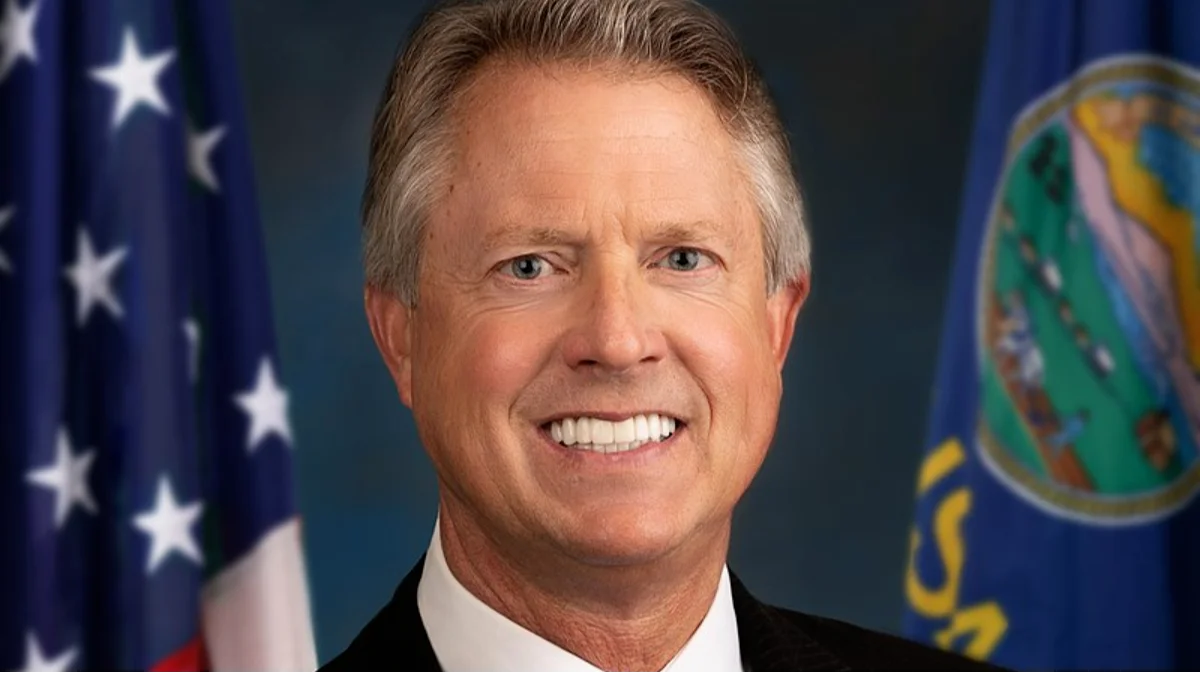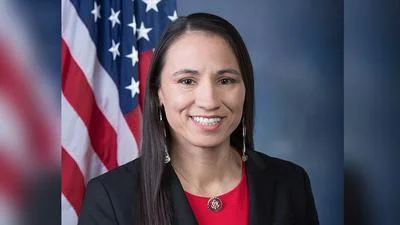Senator Roger Marshall, US Senator for Kansas | Official U.S. House headshot
Senator Roger Marshall, US Senator for Kansas | Official U.S. House headshot
U.S. Senator Roger Marshall, M.D., a member of the Senate Budget Committee, has joined Senator Mike Braun (R-IN) in introducing four bills aimed at increasing transparency regarding federal spending and addressing the national debt.
"We must strengthen accountability and transparency in the budget process if we are going to tackle our historical national debt crisis. Without these reforms, our children and grandchildren will be saddled with crippling debt for the foreseeable future," Senator Marshall stated. "It’s time we start running the government like a business. I am proud of the strides we’ve made in uniting the Republican Conference to fix our broken budget process. I am proud of the work Senator Braun and I are doing to tackle this crisis. My mission remains to reform Washington’s broken budgeting tactics and bring fiscal sanity to the nation’s capital."
Senator Braun echoed these sentiments: "We’re on the path to financial destruction because the federal government keeps spending money we don’t have," he said. "Congress needs firm guardrails because they won’t stop spending more than we take in. These budget bills I am introducing today will help restore fiscal sanity."
The proposed legislation includes:
1. **Fiscal State of Nation Act**: A bipartisan bill requiring the Comptroller General to present an analysis of the nation’s fiscal health during a joint hearing with House and Senate Budget Committees annually.
2. **Improper Payments Transparency Act**: This act mandates comprehensive reporting on improper payments in the President’s annual budget request.
3. **Debt-to-GDP Transparency and Stabilization Act**: Requires inclusion of the debt-to-GDP ratio in the President's annual budget, providing context for national debt relative to economic output.
4. **Strengthening Administrative PAYGO Act**: Restores Congressional oversight over executive actions by reasserting control over administrative spending.
In FY 2023, federal agencies reported $236 billion in improper payments, highlighting significant issues that these legislative measures aim to address.






 Alerts Sign-up
Alerts Sign-up